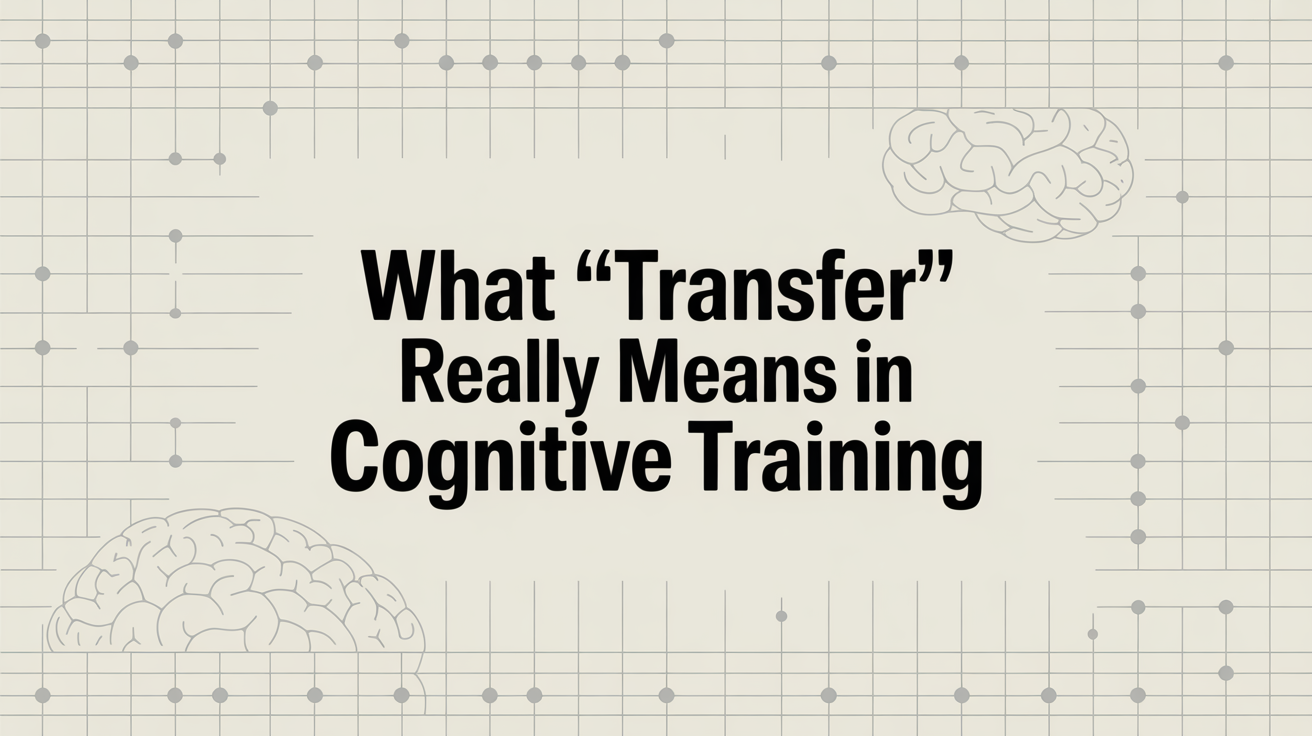Welcome to the Research and Strategy Services at in today's fast-paced.


It's easy to forget that the basic concepts of health and exercise remain the most effective in an age with fast tracks, hacks, and shortcuts. This is because "science maybe like an echo chamber." You'd have one truly next-level athlete if you combined all the elements of fitness-strength, power, speed, mobility, coordination, and agility into one package. Even if you don't achieve elite status, each of these characteristics can assist make everyday life simpler.
If you are not a professional athlete, it may not be easy to train like them. The key reason is that you have to do the work you're paid for on top of all your training, whereas pros get to sleep and eat as much as they want during their non-training time. Now let's look at 7 tips to train like an athlete and other vital areas that you need to focus on.

Although exercise is beneficial to your physical and emotional health, too much of anything can be bad. Excessive activity may lead to tiredness, injury, and even worse mental health. It's crucial to know your physical boundaries. Although pushing oneself to new heights can be exciting, it's critical to do so in a way that protects your health, preferably with the help of a professional. Also, keep in mind that taking drugs to boost competitive sports performance, is often prevented through regular drug testing, though some athletes try to get around this by using stores that sell synthetic urine.
Myofascial release is a deep-tissue technique for deactivating unpleasant muscular knots and improving body flexibility. You may use a softball, golf ball, foam roller, lacrosse ball, or massage stick to perform this. Make smooth passes, and when you notice tightness or knots, roll out that region to help it relax. Bending, squatting, and jumping will be difficult if you have tight glutes. Before and after exercises, do tissue work to prepare for action and recovery.

Athletes have learned that they must first prepare their bodies for their careers to perform at their best. Most people think of a warm-up as a couple of static stretches, a little cardio, and maybe a little foam rolling. Still, if muscles and tendons aren't prepared for the motions ahead, they won't be able to perform to their full potential, limiting the movement's efficiency and effect. In other words, if you don't prepare, you're setting yourself up to fail.

Of course, athletes have the advantage of training every day because it is their job. Still, you can learn from them that exercise regularly establishes good habits for continued training and allows you to challenge different body parts while providing adequate rest and recovery time. It's tough to develop bodily adjustments when you only train once or twice a week, whether your goal is cosmetic or performance.

One of the most important aspects of any training program is athlete nutrition. At its most basic level, the food we consume offers the energy we need to operate at our best. Sports nutrition is a different industry, which may make things complicated. There are, however, techniques to ensure that your nutrition corresponds to your training:
Understanding food and how it affects your body is the first step in ensuring you're eating the proper stuff. You may learn about the connection between food, exercise, and the stomach in one of our courses and how to enhance mental health via nutrition. Understanding how nutrition and wellness are related will assist you in making smart food choices while training.
As you better understand what an athlete eats, you may begin to alter your diet to fit your training schedule. This might include learning about healthy cooking or delving into the myths and realities of superfoods. Remember that there are a plethora of diet fads out there that promise various outcomes. However, eating in a way that will complement your training requires knowledge and effort.

To get an advantage over the competition, professional athletes train their minds. However, you might be wondering how these professional athletes develop their minds. They employ a cognitive training tool to develop essential skills in athletics.
Awareness, attentiveness, and decision-making are among these qualities. They can help you recognize critical play possibilities, filter out distractions, respond to plays faster, and anticipate your opponent's moves. Fortunately, you can do some cognitive training from the comfort of your own home to find out your mental fitness.
NeuroTracker is an example of cognitive training that is both scientifically validated and adopted at the highest levels of professional sports, yet is available to use in the in your own home.

It's critical to drink enough Water while training so that your muscles can perform at their best. Water makes up the most connective tissue that connects and encloses your muscles. As a result, becoming dehydrated might negatively influence your performance.
The sliding surfaces between these tissue sheets and other structures get "glued" together. As a result, you may get cramping when working out, jeopardizing your workout.
Finally, it would help if you changed your focus. If you want your training to be sustainable, it needs to be about more than just avoiding a bad body image; it has to be about training for the right reasons. Take some pride in your physical abilities. The blessings of strength and movement do not stay indefinitely. To make the most of what you have today and preserve your body's condition in the future, develop effective workout habits.








Welcome to the Research and Strategy Services at in today's fast-paced.

By strengthening the neural circuits that are affected by addiction, their restoration aids in fighting the addiction itself.

Learn how biofeedback can guide quality sleep habits.

A personal look into the challenges of the digital age, and practical ways to overcome them.
.png)